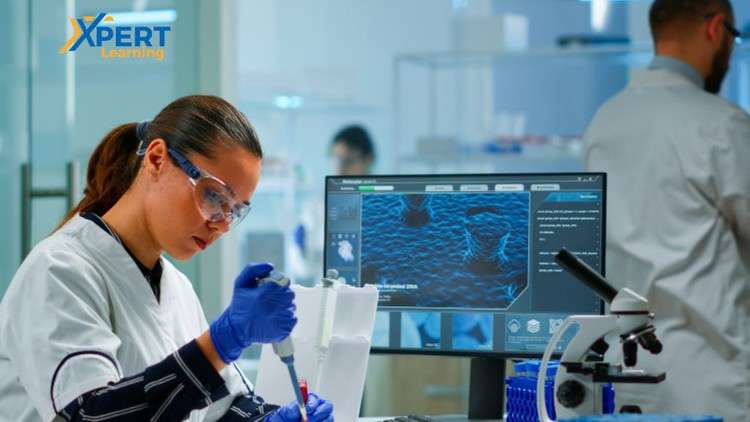
Biomedical Engineering: Bridging the Gap Between Medicine and Technology
What you will learn
Grasp the fundamental concepts of biomedical engineering
Delve into the intricacies of human physiology
Master the principles of bioinstrumentation
Harness the power of biosignal processing
Unravel the mysteries of biomedical imaging systems
Understand the fundamentals of biomechanics
Description
Biomedical Engineering: A Comprehensive Journey into the Convergence of Medicine and Technology
Embark on a transformative educational journey into the fascinating realm of biomedical engineering, where the principles of engineering intertwine with the intricacies of biology and medicine to revolutionize healthcare
Learning Outcomes/Course Objectives:
- Grasp the fundamental concepts of biomedical engineering: Gain a comprehensive understanding of the principles and methodologies that underpin the field of biomedical engineering, encompassing its various specializations and applications
- Delve into the intricacies of human physiology: Explore the essential workings of the human body, including anatomy, physiology, and biochemistry, providing a solid foundation for comprehending the interactions between engineering and biology
- Master the principles of bioinstrumentation: Uncover the techniques and technologies employed in bioinstrumentation, enabling you to design and implement devices that measure and analyze biological signals
- Harness the power of biosignal processing: Develop expertise in biosignal processing, empowering you to extract meaningful information from biological signals, such as electrocardiograms (ECGs) and electroencephalograms (EEGs)
- Unravel the mysteries of biomedical imaging systems: Explore the principles and applications of various biomedical imaging modalities, including ultrasound, computed tomography (CT), and magnetic resonance imaging (MRI)
- Understand the fundamentals of biomechanics: Gain insights into the mechanical properties of biological tissues and apply engineering principles to analyze and optimize biomechanical systems
Target Audience:
- Aspiring biomedical engineers: Individuals seeking to establish a strong foundation in biomedical engineering, preparing them for further studies and professional careers in this dynamic field
- Engineering and science professionals: Engineers and scientists seeking to broaden their knowledge and expertise into the biomedical field, expanding their career opportunities and contributing to advancements in healthcare technology
- Healthcare professionals: Medical professionals and technicians interested in understanding the engineering principles behind medical devices and technologies, enhancing their ability to utilize and innovate in this rapidly evolving field
- Anyone fascinated by the intersection of engineering and medicine: Individuals passionate about exploring the convergence of engineering and medicine, seeking to contribute to the development of life-saving technologies and advancements in healthcare
Requirements:
- Basic knowledge of engineering and science: Familiarity with fundamental concepts in physics, chemistry, and mathematics will enhance your understanding of biomedical engineering principles
- Curiosity and a passion for learning: An inquisitive mind and a desire to delve into the complexities of biological systems will fuel your success in this interdisciplinary field
- Enthusiasm for the potential of biomedical engineering: A genuine interest in the transformative impact of biomedical engineering on healthcare will inspire you to explore its vast potential and contribute to its advancement
Enroll today and embark on an extraordinary journey into the world of biomedical engineering, where engineering and medicine converge to revolutionize healthcare
Please Note:
This course is strictly theoretical and does not qualify participants for professional practice in the industry. Additional training and certifications may be required for hands-on experience.
Content